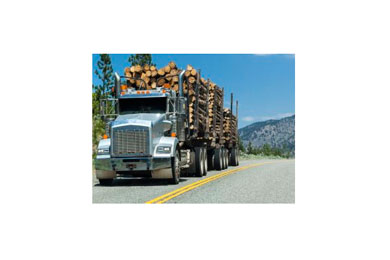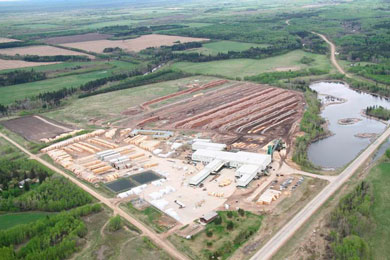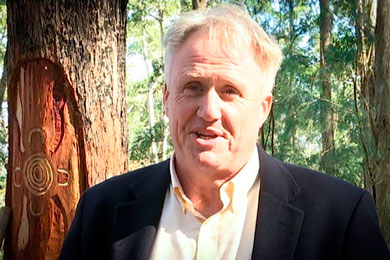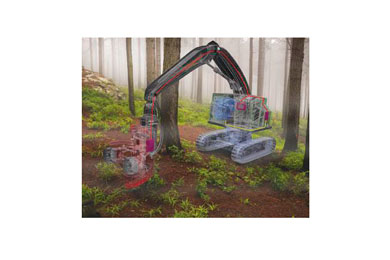A new federal mandate is expected to come into effect next year making electronic logging devices (ELDs) mandatory for federally-regulated motor carriers and their drivers. With few exceptions, anyone who currently uses paper logs to keep track of their hours behind the wheel will need to use ELDs beginning in June 2021.
Transport Canada included the mandate in the recently amended Commercial Vehicle Hours of Service Regulation. It comes into effect on June 21, 2021. All provinces and territories are expected to adopt the rules as well.
The move towards ELDs is to improve road safety. “It’s the key factor,” says Adime Bonsi, a senior transportation researcher with FPInnovations. “Transport Canada wants to ensure that drivers respect hours of service (HOS) regulations and accurately and efficiently account for driving hours, to reduce drowsiness that leads to accidents.”
FPInnovations’ transportation research group has extensive experience conducting third-party verifications of several ELD systems for the U.S. market. It is applying that know-how to advise fleet managers in their decision-making and implementation process.
Bonsi says transitioning from paper logs to ELDs is not a trivial matter. “It’s a learning curve for everyone. Fleet managers must select a certified ELD device that is registered with Transport Canada. They have to train drivers and technicians on how to use it, implement it within their fleet and ensure they fully understand the new ELD requirements, within the space of about a year.”
For forest-haul managers, the new regulation may also create challenges in fully optimizing the shift time of drivers and may require changes to how trips are scheduled.
FPInnovations takes steps to become an ELD certifying body
Bonsi leads a team that conducts ELD verifications for the U.S. market and is leading the organization’s application to become an ELD certification body in Canada. The certification process is expected to be in place by this summer. Several ELD suppliers have already contacted FPInnovations’ transportation research group to have their systems certified for the Canadian market.
How fleets can prepare for the coming ELD regulations
Forest-operation companies can become familiar with developments at Transport Canada by frequently checking this Transport Canada webpage, which has resources and information about ELDs.
Fleets with existing electronic on-board recorders should ask whether their suppliers will have their systems certified for use in Canada.
Thinking about an implementation plan takes time. It’s not too early to begin assessing the impact the plan will have on fleets, such as the cost of labour and training.
Few trucks to be exempted from ELD regulations
The coming ELD regulations will exclude trucks built before the model year 2000 and for short-term rentals under 30-days. Drivers operating under either a permit or a statutory exemption will also be exempt from having to use an ELD. The terms and conditions of a permit or an exemption can be complex and vary significantly depending on the circumstances.
FPInnovations’ transportation research team is available to support fleet managers through the process of acquiring and implementing ELDs. FPInnovations will be holding webinars this spring to present our members and their trucking contractors with an overview of ELDs. For more information, please contact Adime Bonsi.









